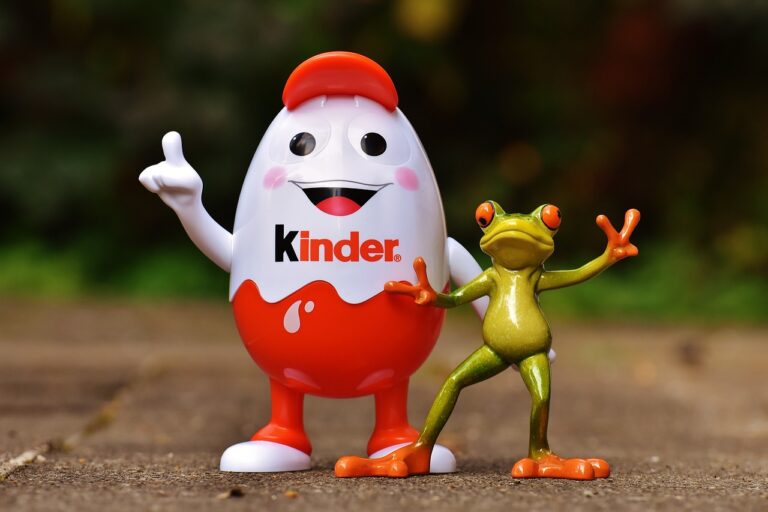The Psychology of Escapism: Why We Seek Entertainment Distraction
Escapism has roots that can be traced back through history, stemming from the innate human need to seek solace and refuge from the challenges of reality. From ancient folklore and myths to modern-day literature and entertainment, the concept of escaping from one’s surroundings has resonated with people in various forms.
The allure of escapism lies in its ability to transport individuals to alternate realities where they can momentarily leave behind their worries and stresses. Whether through indulging in captivating novels, immersive films, or engaging in daydreams, the act of escaping provides a temporary reprieve from the complexities of everyday life.
Understanding the Desire for Distraction
When life becomes overwhelming, it is common for individuals to seek distractions as a way to cope with their emotions and thoughts. The allure of escaping reality through various forms of entertainment or activities can provide a temporary reprieve from stress and anxieties that plague the mind. This desire for distraction often stems from the need to find solace and respite from the pressures of everyday life.
The Role of Stress and Anxiety
When stress and anxiety take hold, individuals often seek refuge in activities that offer temporary relief from their overwhelming emotions. Escaping into entertainment, whether through movies, books, or video games, can provide a much-needed distraction from the worries and fears that plague the mind. This urge to seek solace in alternate realities is a natural response to the body’s fight-or-flight mechanism, which prompts individuals to find ways to cope with the pressures of everyday life.
Moreover, the constant bombardment of negative news, social media, and work-related stress can exacerbate feelings of anxiety and drive individuals to seek out avenues for mental respite. In these moments of heightened tension, escapism serves as a coping mechanism that allows individuals to momentarily disconnect from the sources of their distress. By immersing themselves in fictional worlds or engaging in hobbies that bring them joy, individuals can regain a sense of control and find moments of peace amidst the chaos of their external environment.
What are some common signs of stress and anxiety?
Common signs of stress and anxiety can include feelings of restlessness, irritability, trouble sleeping, difficulty concentrating, and physical symptoms such as headaches or muscle tension.
How does stress and anxiety impact mental health?
Stress and anxiety can have a significant impact on mental health, leading to increased feelings of worry, fear, and overwhelm. It can also contribute to the development of more serious mental health conditions such as depression or panic disorders.
What are some healthy ways to cope with stress and anxiety?
Some healthy ways to cope with stress and anxiety include practicing relaxation techniques such as deep breathing or meditation, exercising regularly, getting enough sleep, maintaining a healthy diet, and seeking support from friends, family, or a mental health professional.
How can escapism contribute to unhealthy coping mechanisms?
Escapism can contribute to unhealthy coping mechanisms when it involves excessive use of distractions such as alcohol, drugs, or excessive screen time. These behaviors can provide temporary relief from stress and anxiety but can ultimately be detrimental to mental health in the long run.
When should someone seek professional help for stress and anxiety?
It is important to seek professional help for stress and anxiety if it is significantly impacting your daily life, relationships, or ability to function. A mental health professional can provide support, guidance, and treatment options to help manage and cope with these challenges.







